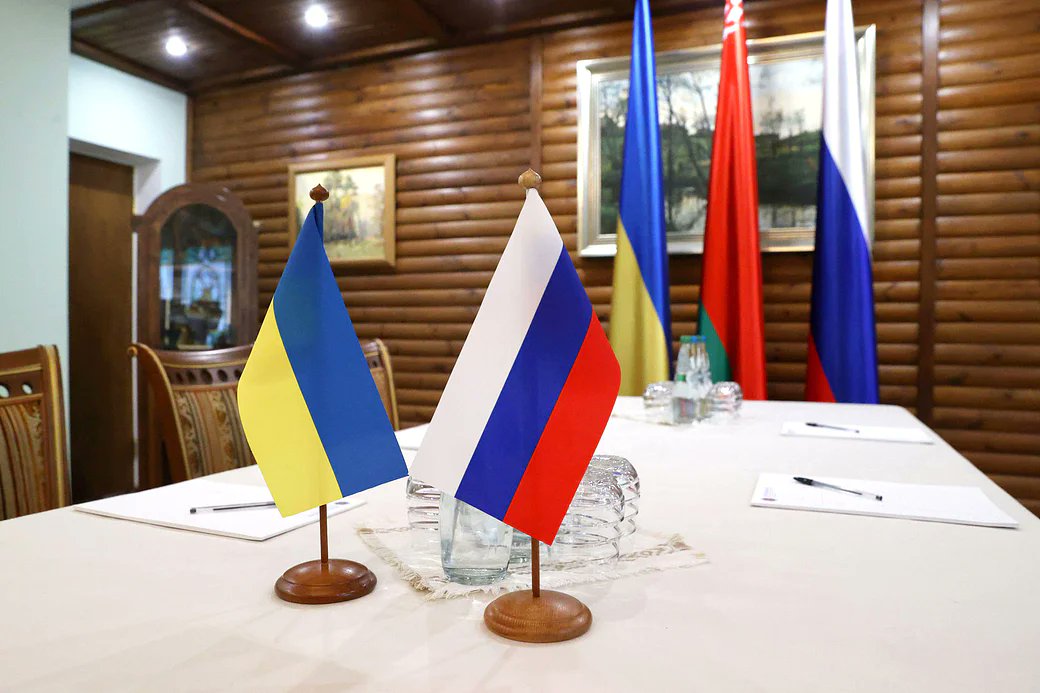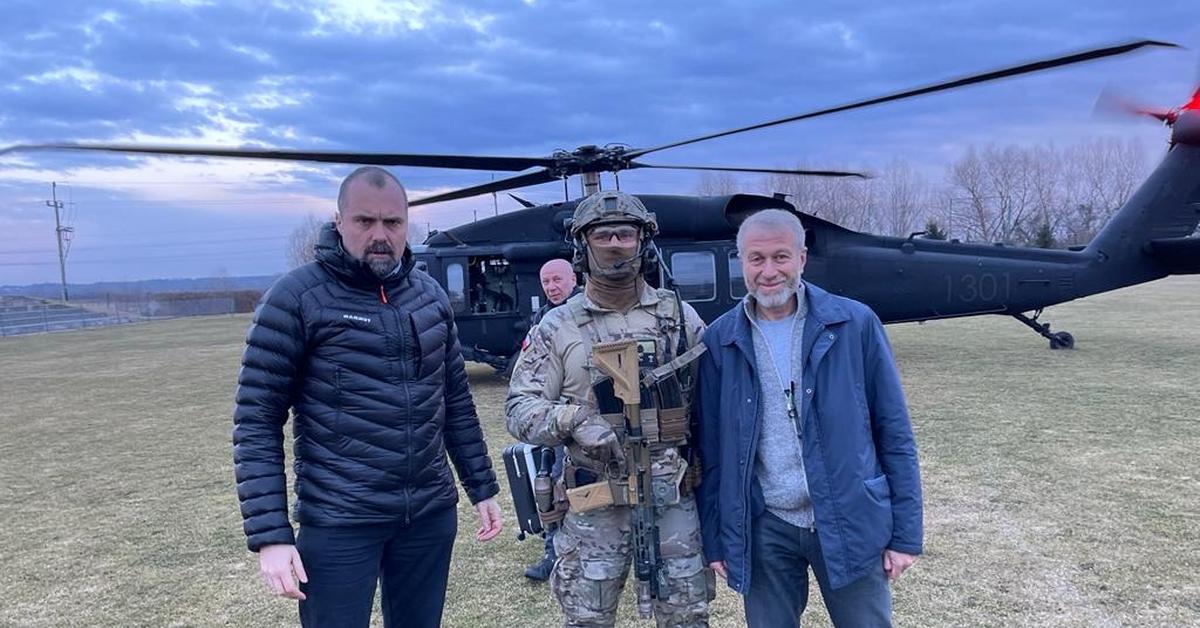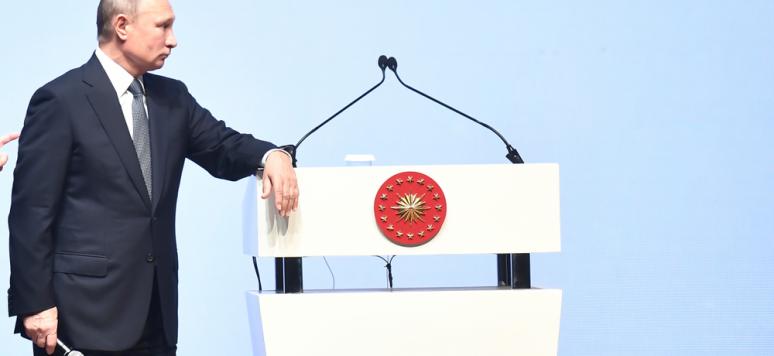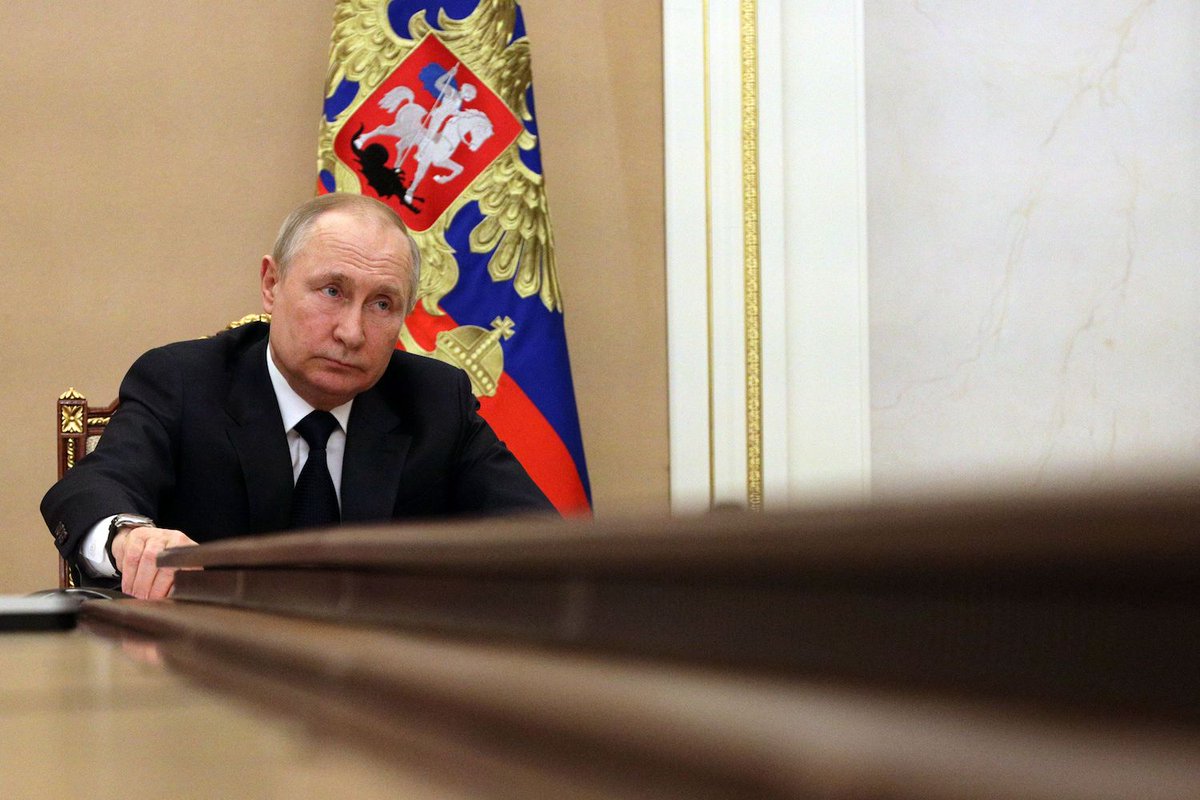🧵THE DEAL THAT NEVER WAS
How Russia sought to subjugate Ukraine, the West rightly refused to play the ball, and Putin became personally responsible for the failure of the Ukrainian-Russian talks
How Russia sought to subjugate Ukraine, the West rightly refused to play the ball, and Putin became personally responsible for the failure of the Ukrainian-Russian talks

Recent days have seen a renewed debate over the Ukrainian-Russian peace talks of spring of 2022. The popular wisdom says that both sides were close to an agreement, but this is simply false. Let's finally unpack it, dyspel the myths and put a stop to the manipulation that abound
FIRST, there was never any single deal that could have ended the war. What is simplistically presented as a deal was meant to combine at least three components - multilateral treaty on the status of Ukraine, bilateral Ukraine-Russia agreement, underpinned by Western guarantees
The Ukrainian-Russian talks were barely one piece of a larger puzzle, and only the whole package agreed upon could have brought this war to an end. Since the talks already stalled over the first piece of the puzzle, a diplomatic end to the war was never really within reach
SECOND, there was not even consensus between Ukraine and Russia as to what was really discussed. Ukraine insisted that the talks concerned the future status of Ukraine only, Russia - that a comprehensive agreement is negotiated, including the settlement of bilateral issues
This is an extremely important detail, which is usually overlooked. All along, Ukraine underlined that bilateral issues are to be excluded from the multilateral treaty on the status of Ukraine, and are supposed to be the subject of separate talks between Zelensky and Putin
And since there was no agreement between Ukraine and Russia on what was really to be discussed between the respective delegations, there was no further agreement on what would be potentially discussed between Zelensky and Putin either
Zelensky expected his potential meeting with Putin to be serious negotiations on key bilateral points (Russian troops withdrawal, territorial issues). While Putin kept insisting that he would agree for any meeting only for Zelensky to sign "a peace agreement"
For this reason, there was absolutely no agreement between Ukraine and Russia on either the mechanism for the withdrawal of the Russian troops, the territorial questions, the sequence of implementation of the arrangements, or even in what format these arrangements should be made
Ukraine consistently maintained that territorial issues were to be agreed upon before a multilateral treaty on Ukraine's status would enter into force. Russia maintained that the Russian troops would remain on the Ukrainian territory until Ukraine fully implemented the treaty
THIRD, even in terms of Ukraine's future status the two sides did not reach understanding on most aspects. Not even details of Ukraine's neutrality were completely agreed upon, let alone the status and the size of the Ukrainian army
It is not also true that Russia agreed to Ukraine's accession to the EU. It expressed its consent in principle, but subject to conditions that Ukraine rejected, pointing out that other neutral countries that are members of the EU did not have to meet them to be considered neutral
In fact, the only issue on which Ukraine indeed reached a provisional agreement with Russia was that Ukraine would agree to its neutral status, but in exchange for international security guarantees from the Western countries. Which now brings me to the puzzle no.3
For a multilateral treaty on the status of Ukraine to enter into force whatsoever, Ukraine had to obtain security guarantees from its biggest Western partners. Yet this was impossible from the outset for at least three reasons
1/ Ukraine negotiated bilaterally with Russia and the Western partners were neither included, nor even in the loop. The big puzzle required therefore a separate talks between Ukraine and these partners that were expected to become security guarantors
2/ On the Russian initiative, the draft treaty was to impose numerous obligations on the Western guarantors - not entering any military agreements with Ukraine, informing about military exercises and provisions of their military doctrines, cancelling sanctions on Russia
3/ Russia demanded a far-reaching disarmament of Ukraine and de facto veto right on whether the Western guarantors would even come to Ukraine's rescue in the case of an attack ("on the basis of the decisions agreed by all Guarantor States", one of which was to be Russia itself)
The treaty itself would provide for an immediate suspension of any Western military and military-technical asisstance to Ukraine, although the Russian troops would still remain on the Ukrainian territory, and Russia would have the right to control the Ukrainian inventories
From the Russian perspective, the treaty was simply intended to incapacitate Ukraine, to which the Western states would never agree. They would become obliged to defend a defenceless and disarmed Ukrainian state, and would even need a Russian consent to do so!
Moreover, the Treaty assumed that any reservations to its content were not possible. The Western countries were therefore expected to unconditionally accept the Russian terms. Simply speaking, the Russian side put forward a proposal that they knew the West would have to reject
Suggesting now that Boris Johnson somehow torpedoed the talks is a brazen manipulation to cover up the fact that it was actually Putin who broke off the talks (which were going nowhere anyway). How come?
As I have already mentioned, Ukraine did not agree with Russia on any of the three pieces of the puzzle, but was still willing to make concessions. The Russian delegation understood fortune was slowly turning in Ukraine's favour, but Putin apparently did not share this view
So here comes an interesting part! Putin himself was presented a (still inconclusive) draft treaty on 15 April 2022. Quoting the Russian sources, Reuters argues, however, that Putin rejected the agreement and pressed ahead with military campaign
reuters.com/world/asia-pac…
reuters.com/world/asia-pac…
It became clear that the Russian delegation had no real mandate for talks with the Ukrainians, and that Putin himself was not willing to make any significant concessions, precisely what the Polish side kept saying since the talks started in Feb 2022. Russia was bluffing all along
What we are seeing today is a coordinated effort to blame Ukraine for the failure of the 2022 talks. This is ignorance at best, at worst - a deliberate action to influence the Western public opinion to undermine support for further assistance to Ukraine [END]
• • •
Missing some Tweet in this thread? You can try to
force a refresh










